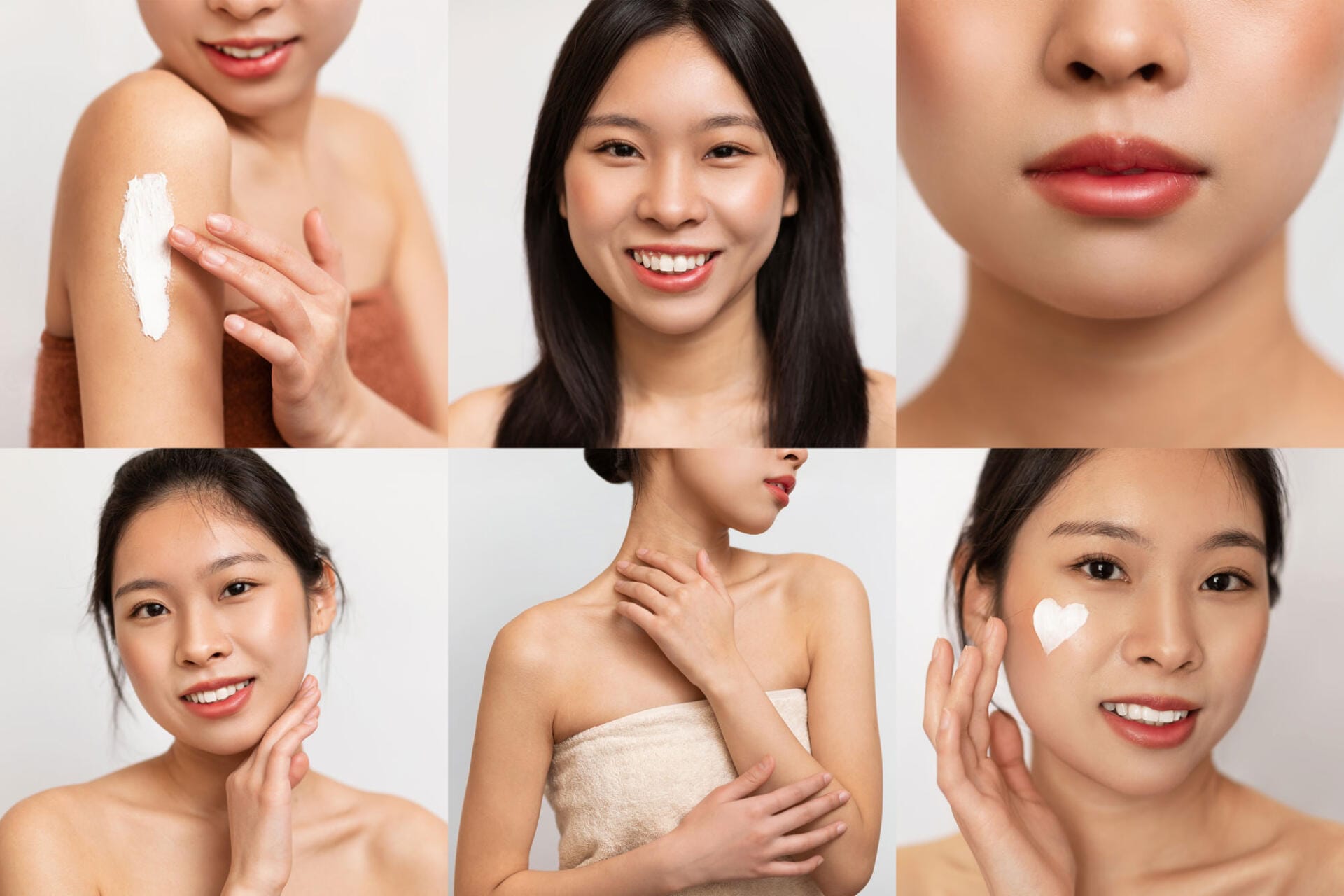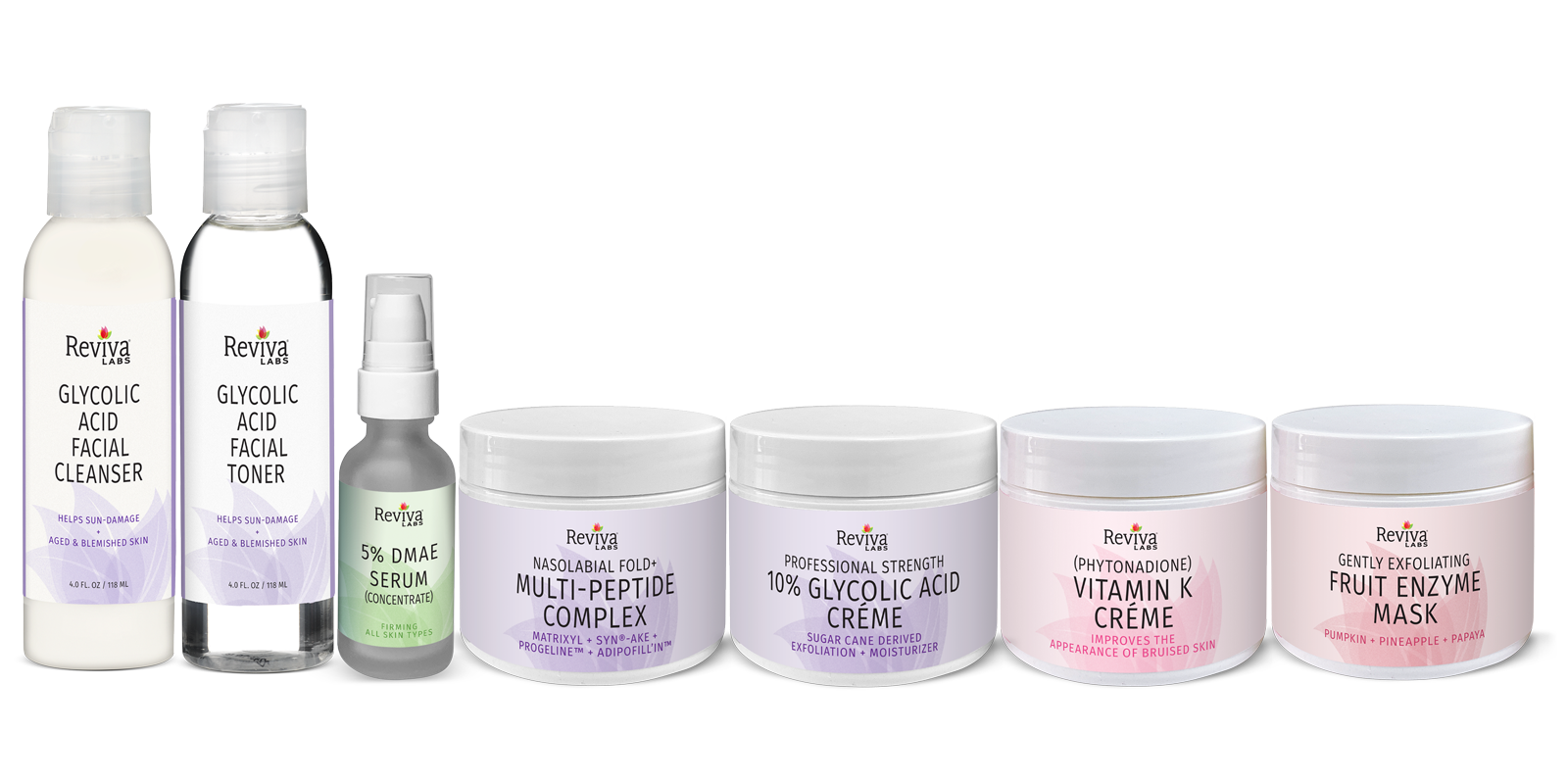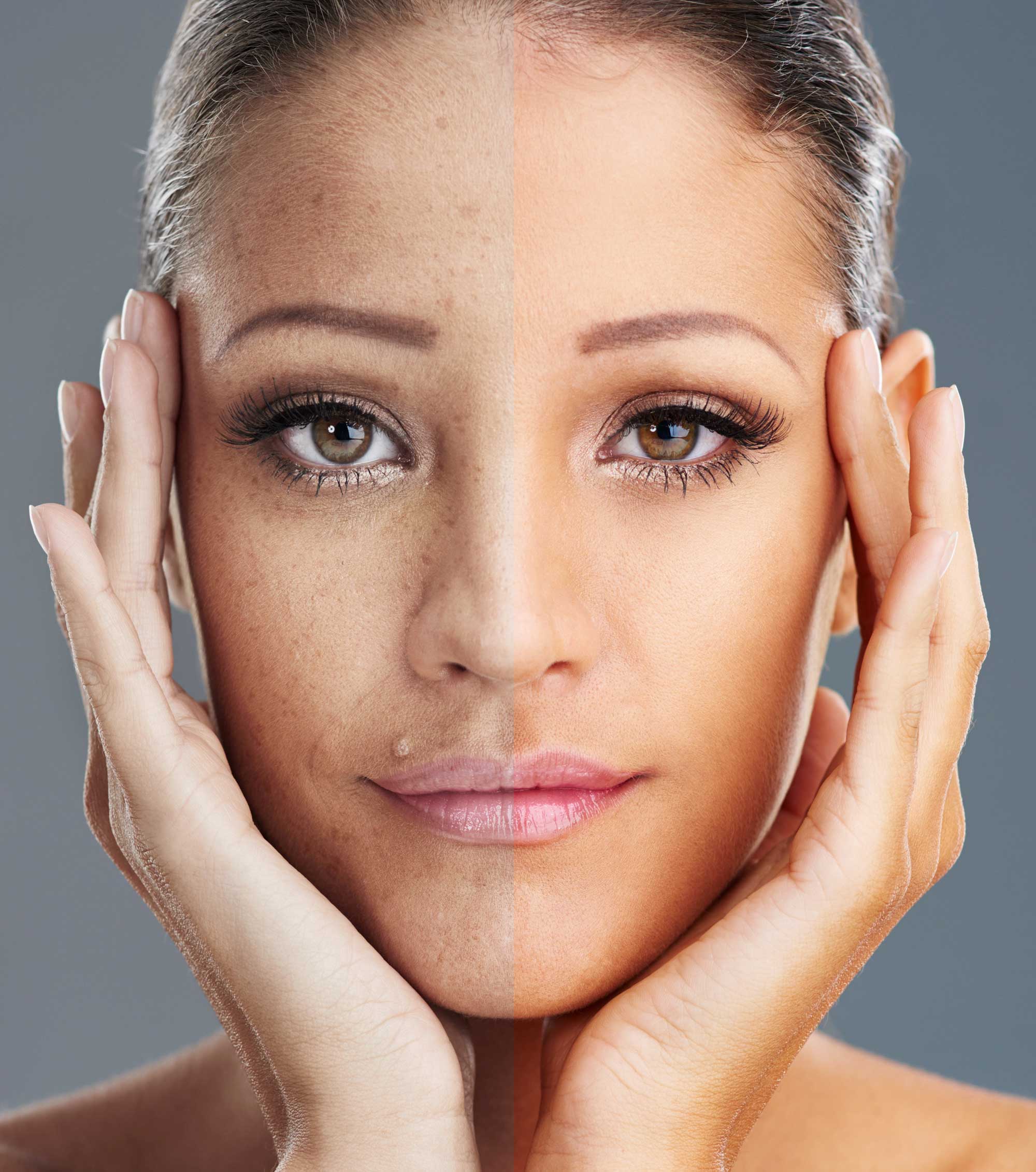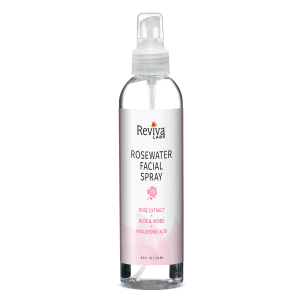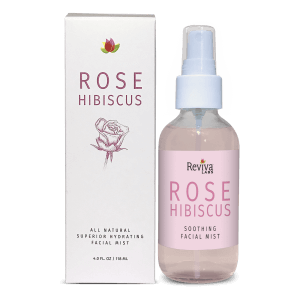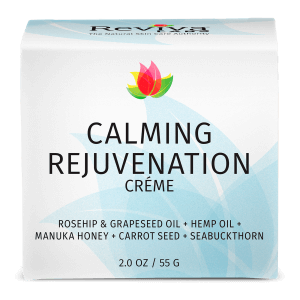Exercise is often praised for its benefits to physical and mental health, but its impact on skin health is just as significant. When you work out regularly, your skin experiences a range of positive changes that can enhance its appearance and resilience. Conversely, neglecting physical activity can have the opposite effect, leading to dullness, premature aging, and other skin concerns. Understanding how exercise affects your skin can be a motivating factor to keep moving, especially when the rewards are as visible as a radiant complexion.
The Glow of Circulation – How Blood Flow Enhances Skin Health
One of the most immediate and noticeable effects of exercise on the skin is the post-workout glow. This glow results from increased blood flow, which delivers more oxygen and nutrients to your skin cells. This surge in circulation not only nourishes the skin but also helps to remove waste products, such as free radicals, from the cells. Free radicals are unstable molecules that can cause oxidative stress, leading to premature aging. By flushing them out, exercise helps maintain the skin’s youthful appearance and reduces the risk of developing fine lines and wrinkles.
Regular exercise can also improve skin tone and texture. As your heart pumps more efficiently, it encourages the production of collagen, a protein that provides structure and elasticity to your skin. Collagen production naturally decreases as we age, leading to sagging and the formation of wrinkles. However, by promoting circulation and supporting collagen synthesis, regular physical activity can help slow down this process, keeping your skin firmer and smoother for longer.
Sweat – The Skin’s Natural Detoxifier
Sweating is often viewed as a mere byproduct of exercise, but it plays a crucial role in skin health. When you sweat, your body expels toxins through your pores, which can help to clear out impurities that might otherwise clog them and lead to breakouts. This natural detoxification process can be particularly beneficial for those prone to acne or dull skin, as it helps to keep the pores clean and free of debris.
However, it’s important to note that while sweating is beneficial, it’s equally crucial to cleanse your skin after exercise. Sweat, when left on the skin, can mix with dirt, oil, and bacteria, leading to irritation and potential breakouts. Therefore, thoroughly washing your face and body after a workout is essential to reap the full benefits of your sweat session without any negative consequences.
Exercise and Inflammation – A Balancing Act
Inflammation is a double-edged sword when it comes to skin health. On one hand, it’s a natural part of the body’s healing process, helping to fight off infections and repair damaged tissues. On the other hand, chronic inflammation can lead to a host of skin issues, including acne, eczema, and premature aging.
Exercise plays a vital role in regulating inflammation. Moderate, regular physical activity has been shown to reduce chronic inflammation, thereby lowering the risk of inflammatory skin conditions. A study published in the Brain, Behavior, and Immunity journal found that just 20 minutes of moderate exercise could have anti-inflammatory effects by reducing the production of pro-inflammatory cytokines in the body. This reduction in inflammation can lead to clearer, calmer skin, with fewer flare-ups and irritations.
The Impact of Exercise on Skin Aging
Aging is an inevitable process, but the rate at which our skin shows signs of aging can be influenced by our lifestyle choices, including exercise. One of the most profound effects of regular physical activity is its ability to slow down the visible signs of aging. Exercise promotes the release of myokines, proteins produced by muscle cells that have anti-inflammatory properties and can improve skin quality. These proteins can help to protect the skin’s structural integrity and maintain its youthful appearance.
Hydration is another often overlooked benefit of exercise. When you exercise, you naturally tend to drink more water to stay hydrated. Proper hydration is crucial for maintaining the moisture balance of your skin, keeping it soft and supple. Dehydrated skin can appear dry, flaky, and more prone to irritation and fine lines. By maintaining a regular exercise routine, you’re more likely to meet your daily water intake needs, which benefits not only your body but also your skin.
When exercise is neglected, the skin can suffer in multiple ways. Without regular physical activity, circulation slows, leading to a decrease in the oxygen and nutrients that reach the skin. This can result in a dull, lackluster complexion, with an increased likelihood of developing dark circles under the eyes. Additionally, the body’s ability to detoxify through sweating is diminished, leading to a buildup of toxins in the skin. Over time, this can manifest as congestion, breakouts, and an uneven skin tone.
A sedentary lifestyle also exacerbates the aging process. Reduced collagen production, increased inflammation, and slower cell turnover are all consequences of inactivity that contribute to the development of wrinkles, sagging skin, and age spots. For those who want to maintain a youthful, healthy complexion, incorporating regular exercise into their routine is essential.
Exercise-Induced Stress and Skin Health – Finding the Balance
While exercise is generally beneficial for skin health, it’s important to recognize that over-exercising can have the opposite effect. Intense, prolonged physical activity can lead to increased levels of cortisol, the stress hormone, which can negatively impact the skin. Elevated cortisol levels are associated with increased oil production, which can lead to clogged pores and acne breakouts. Additionally, chronic stress can weaken the skin’s barrier function, making it more susceptible to irritation and dehydration.
Finding a balance is key. Incorporating regular, moderate exercise into your routine can help you manage stress and keep cortisol levels in check, while still reaping the skin benefits of physical activity. Activities like yoga, Pilates, or even a brisk walk can be particularly effective at reducing stress without overtaxing the body.
Movement is Key for a Radiant Complexion
The benefits of exercise extend far beyond just physical fitness – it reaches deep into the skin, influencing everything from its texture and tone to its resilience and radiance. Regular physical activity supports the systems in your body that keep your skin looking its best, from boosting circulation to reducing stress and promoting collagen production. By staying active, you’re not just benefiting your body—you’re investing in the long-term health and appearance of your skin.




